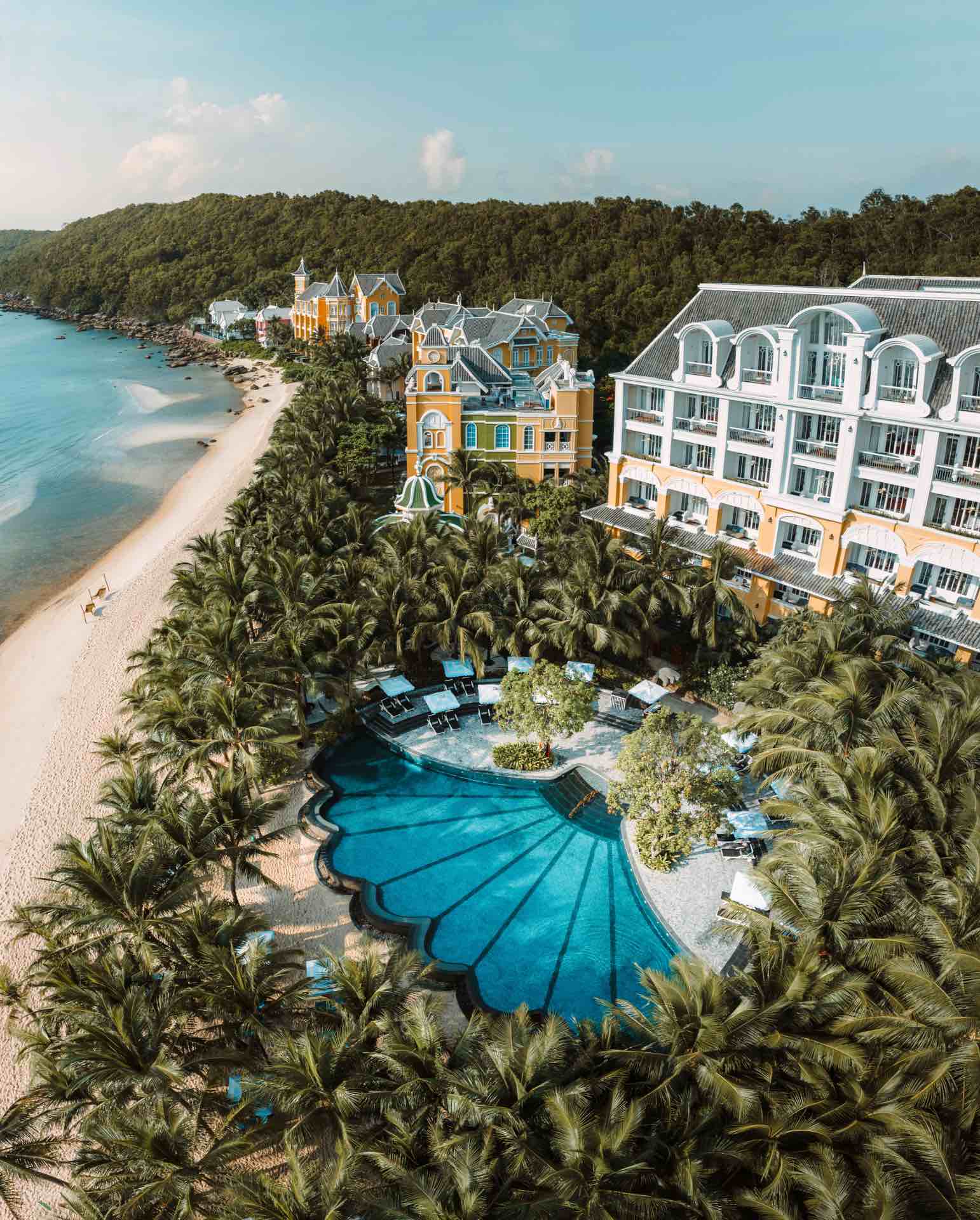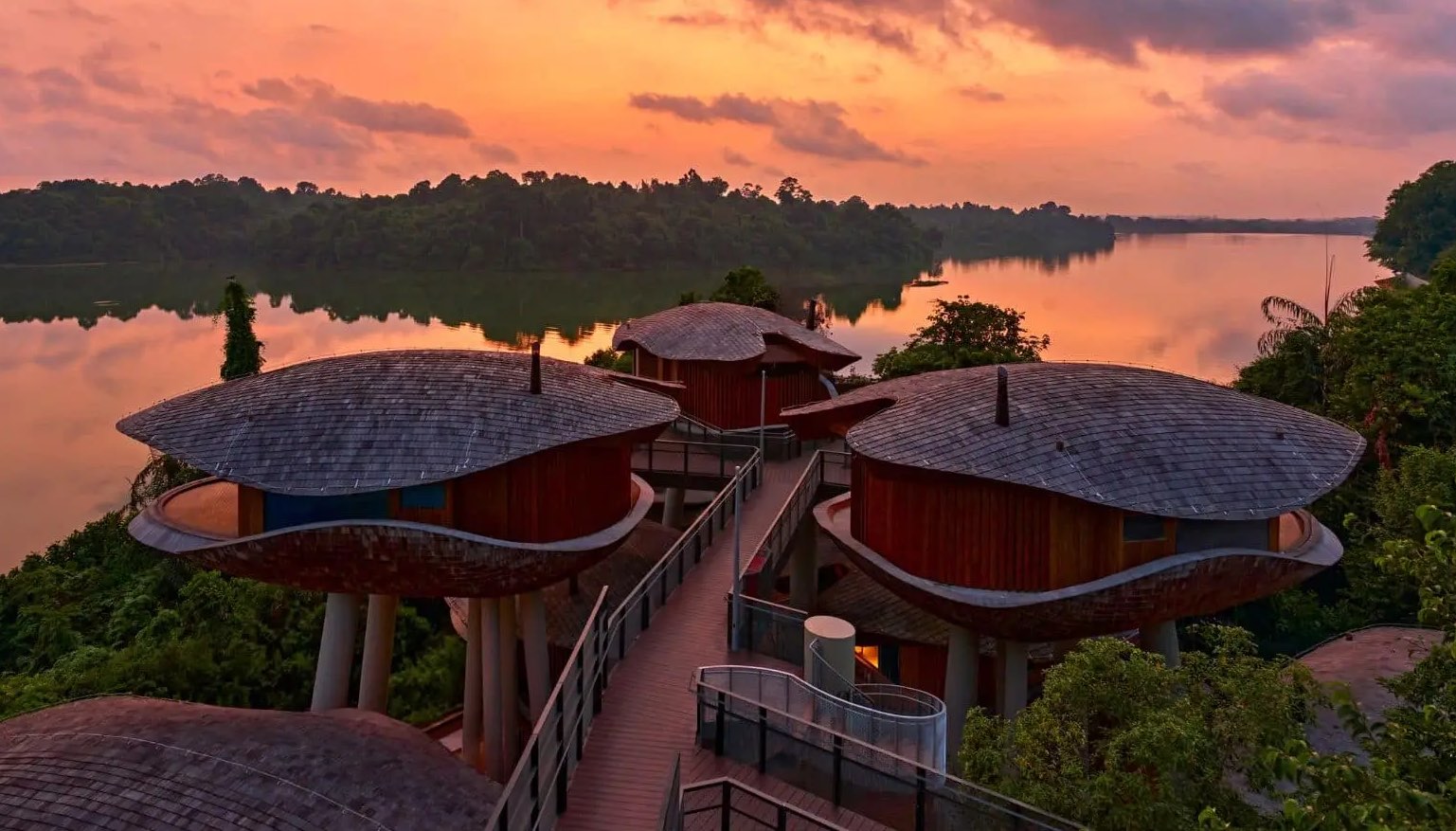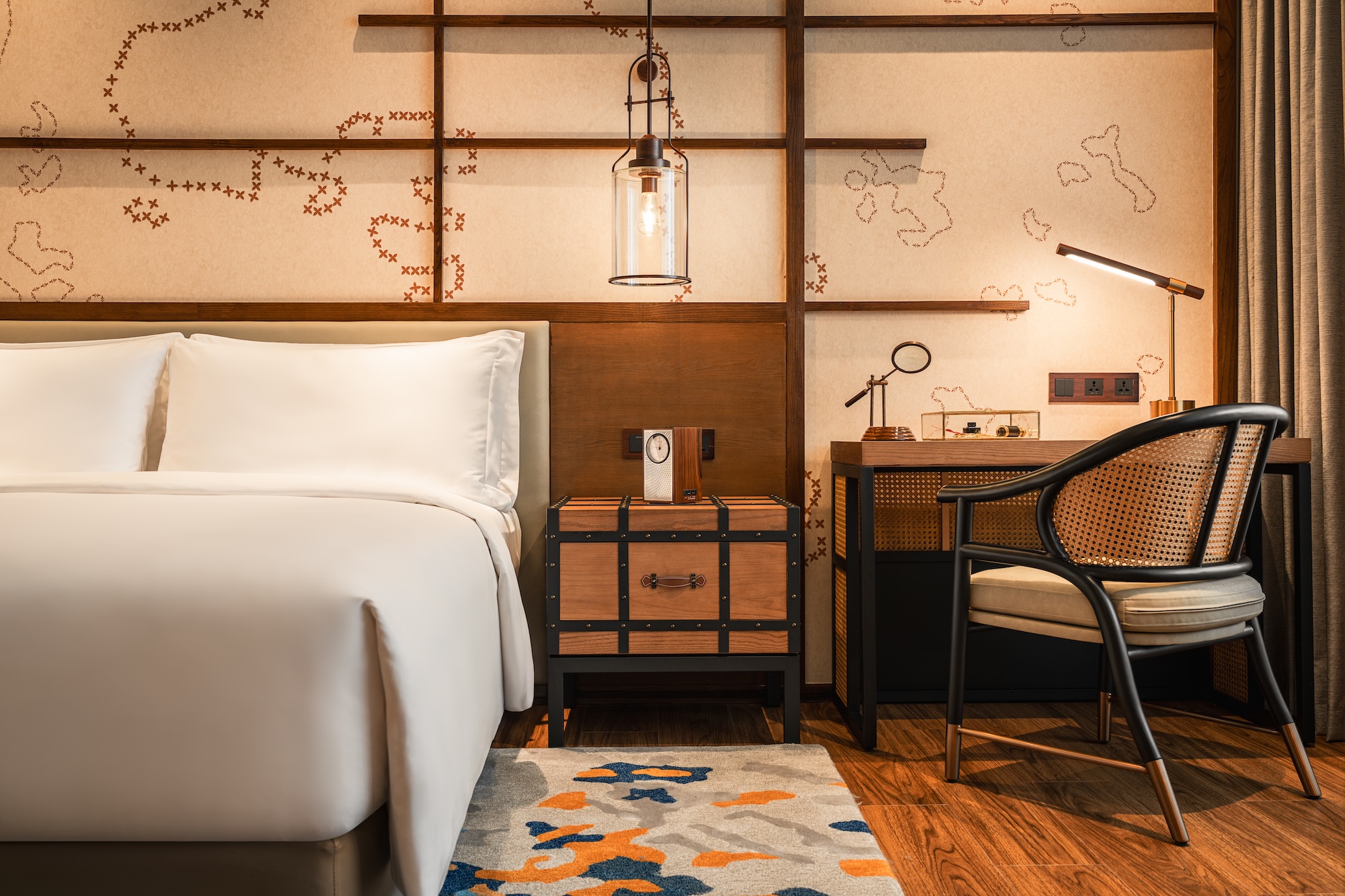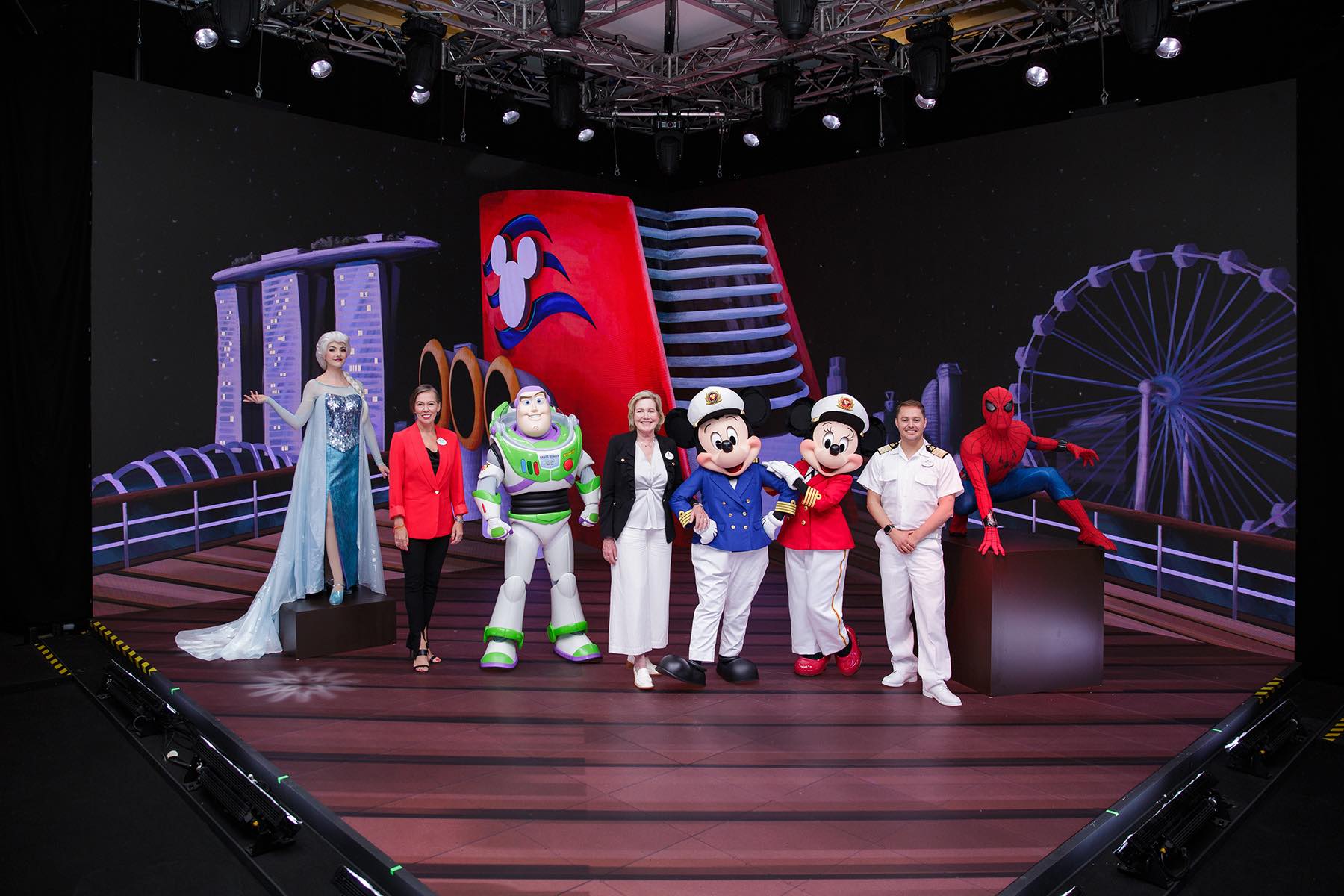In 1973 Tony and Maureen Wheeler published their first Lonely Planet publication, a guidebook called Across Asia on the Cheap. Today their guidebooks are amongst the most respected in the industry and a mention in a Lonely Planet guidebook is hotly coveted by restauranteurs and hoteliers round the world. We met with the pair during their brief sojourn in Singapore doing what they do best—returning from a trip in Europe to head off for other adventures in Asia.
On why we should travel.
T: For us, we travel because it’s of interest and out of enjoyment; It’s fun. But I think people also go to a country because they want to learn something about its culture or its history or they want to learn the language—so it’s a learning experience. It’s also how you meet other people and understand. In many ways there’s so much misunderstanding out there that’s its more important than ever that people go to places. We’ve got so much misunderstanding in the Middle East; I think that if people spent more time in the Middle East it would do a lot of good.
M: If you’ve been to a place and met the people, then you won’t see a story on the news (like what happened with the tsunami) and just think, “Oh my goodness, there’s an awful thing happening.” It comes down to your personal connection with the place which means you can’t just see it as another disaster or another bad news story. The more people can make those connections between cultures, the better off we’re all going to be.
For instance, George Bush had never traveled out of America until he was 21 and went to Mexico to visit his father. I think if he had traveled he would be in a much better position to talk about what Muslims in Iraq and the Middle East feel, or he might even have understood that there are many different kinds of Muslims and not just one. There’s nothing compares to actually going there yourself. And if you can’t go there yourself, the more people who go there and come back and talk about it, the better it is.
On the responsibility that comes with travel.
M: Nowadays people are taking two or three trips a year and not all the same kind of travel. Some times you want to just go and veg out by the pool and not go very far or learn very much at all. Maybe the next time you go on a trip you do want to do a different kind of travel. What I hope is that if you are traveling among different people and cultures, you take it seriously and try and learn something, not just whiz through India on a bike without stopping to understand what a Hindu temple has to offer. You should at least make some effort. I guess guidebooks, what’s on the web, and circulating information is critical to finding out about what’s going on.
On the kinds of travel advice we should be seeking.
T: I can understand that governments [through travel advisories] need to warn people of potential danger in case something happens. On the other hand, so many countries hate these warnings because they last thing they want is tourists thinking their country is potentially unsafe. People have to interpret travel advisories. They have to think about what the government is saying, that the government has to be extra careful, and what their own attitude is.
M: If you go on our website to the Thorn Tree forum and ask if somewhere is safe you will get answers from people who were there last week or may even still be there now.
T: And they’re the ones who have often got the best information. There’s a lot more feeling on the street than anywhere else.
On the responsibility of writing for Lonely Planet.
T: In Singapore, London or New York, there are so many influences that we are just one influence. But there are some places where we have a disproportionate influence. For instance, in Vietnam where there aren’t so many other influences, and guidebooks are still very important among travelers. Therefore, as one of the leading guidebooks in the country, we have too much influence and we have to be careful how we use it. We tell our writers they mustn’t be over enthusiastic. If you say somewhere is “the best restaurant in Singapore” it’s not a big deal as there’s a thousand other restaurant reviews. But if you do that in a little town in Vietnam, everybody who goes there will only go to the one restaurant and all the others will be forgotten about.
M: When we only sold 3,000-5,000 copies of a book we could say “This is great” and we knew that only half the readers might turn up in that place over a year. We used to get quite carried away with saying things like “This place is fantastic!” But we don’t do that anymore. Instead, we say, “There are several great places in the area, here are three.”
T: We’ve even have had places saying “We’ve got quite enough business, we don’t want anymore, don’t recommend us!” We don’t put places into a guidebook because they ask us or take them out because they ask us, so if we want to ignore them, we will.
M: In fact, our writers are not encouraged to say who they are when they do their research.
T: I think most writers prefer not to.
On being a Lonely Planet guidebook writer.
T: It’s superficially a very glamorous occupation. You run around the world and you go here and you go there. But it’s really hard work. I don’t think people realize how hard it is until you do it. It can be tedious because there’s a lot of detailed work such as figuring out maps and getting timetables. We make amazing demands on our writers, but most love doing it.
M: It’s a job where it’s hard to keep up relationships and feel settled. Some people are just incredibly well suited to it and they do it brilliantly. They can do it for years because they learn how to balance other parts of their lives. Some young people come in, they do it for five years, and then they must go on to something else.
On what they’re planning for the future.
T: I think our attitude to travel is changing. We’re talking about getting an apartment in London and using that as a base to travel from.
M: I don’t think we’re getting tired of travel but I am getting tired of doing 23 hours between London and Australia four or fives times a year. I have said I won’t travel as much next year, and I say it over and over again every year. And every year I travel even more.





